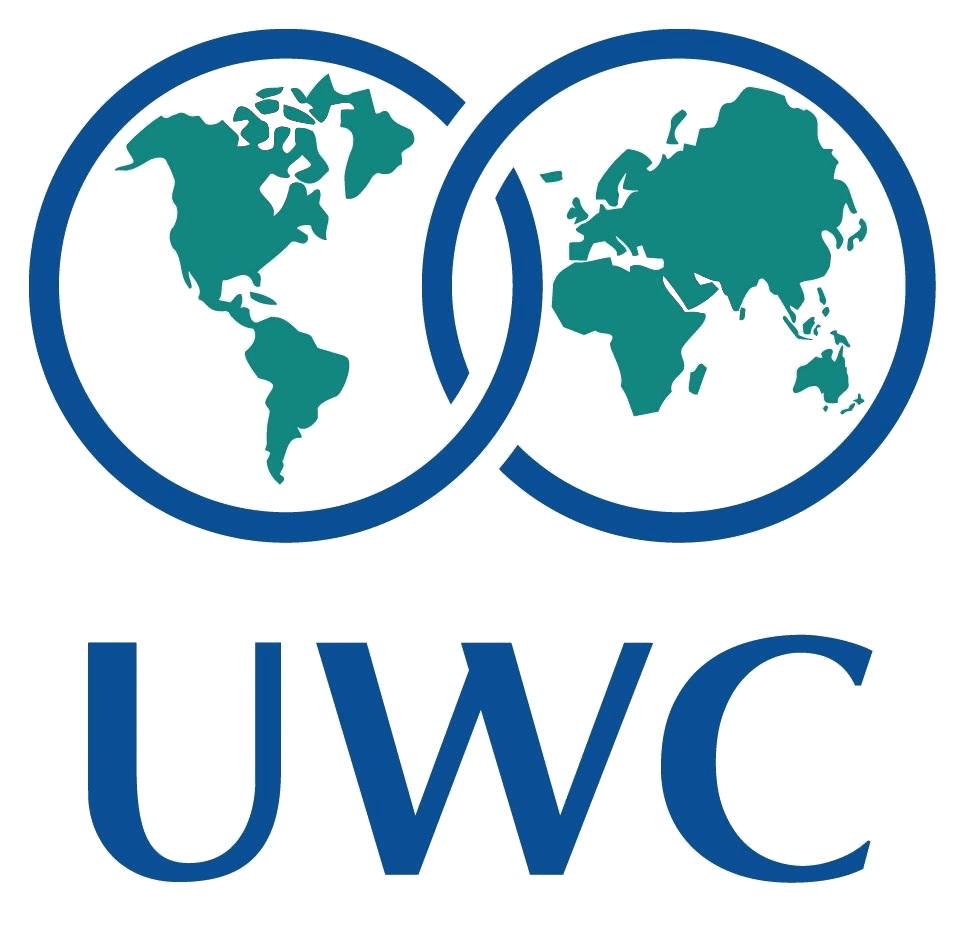Nairobi, known for the safaris and wildlife in its vicinity, is also home to millions living in slums. And Precious was a hair width away from being among those who die there.
The slums, like many, have their sewage problems. Hence, the “flying toilets”, water-filled holes into which excrement-filled bags are thrown. When it rains, they float on the filthy surface, hence the name. And there was Precious, a baby also in a bag, among the filth.
It was only when Fiona Herbert, a British child protection officer, was walking by and saw the wriggling bag, that she was rescued.
It was episodes like this of the many issues faced by Kenyan children that gives Herbert the motivation to continue her work. She had always been a social worker and had done similar work in London as well. One may assume that she would struggle in a new Kenya, wherein she is very visibly a foreigner (she is a white woman with a strong English accent), but in fact, Herbert said that living there was quite all right. She strongly believed that the feeling that she is helping others really motivates more and more as time goes by.
And yet, all of that doesn’t really matter, especially as Herbert believes that every single child that has their life made better is worth the effort. Of course, the endeavour being easier would make us more willing to do it (we hold our personal affairs to high esteem), but that should not be the central point. We should all sacrifice, and be willing to sacrifice so that everyone can have a baseline quality of life. It is this courage and morality to put others to that high esteem as well that makes Herbert quite an incredible person. She would most likely be continuing this incredible work if her husband’s work didn’t move from Kenya. Having decided to follow him to Singapore, she now works as a primary teacher in UWCSEA East.
Speaking of children, Precious is now “healthy, happy, and has lots of friends.”.
